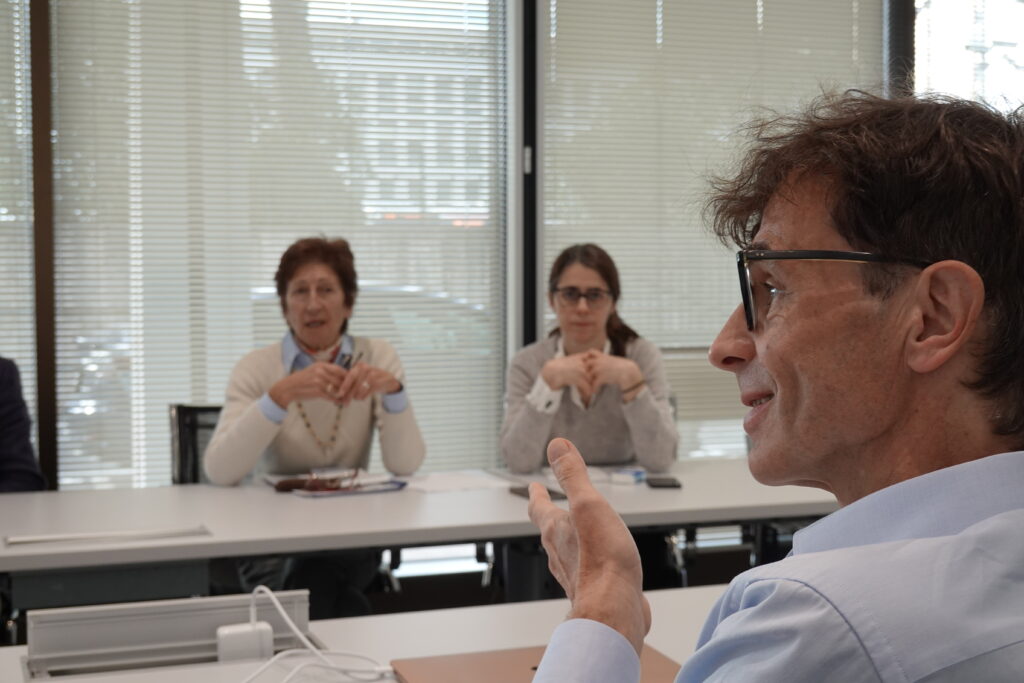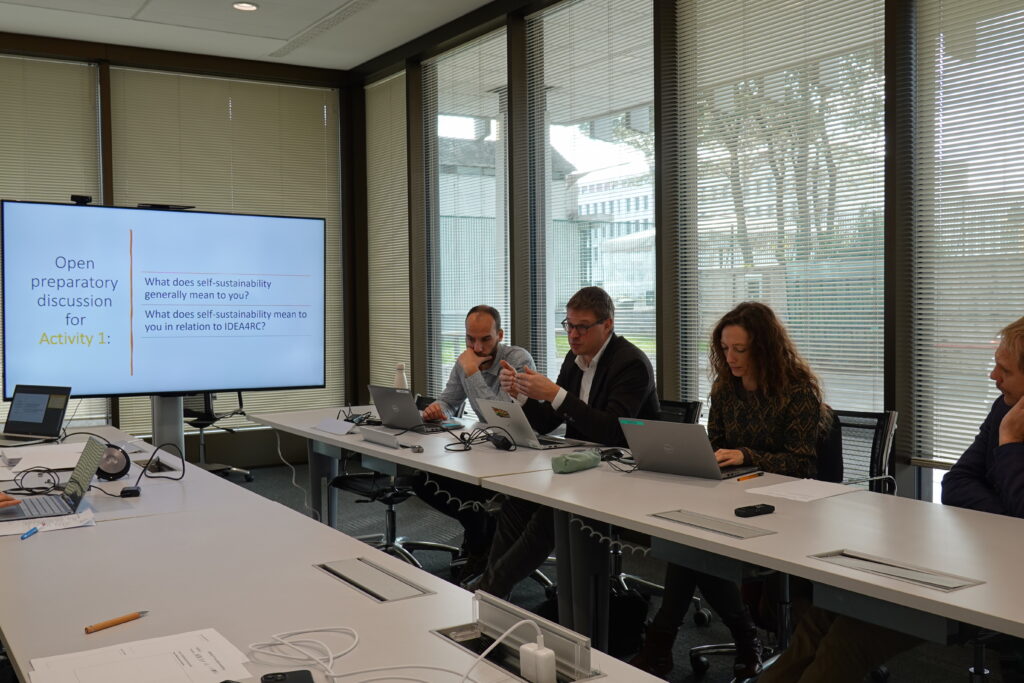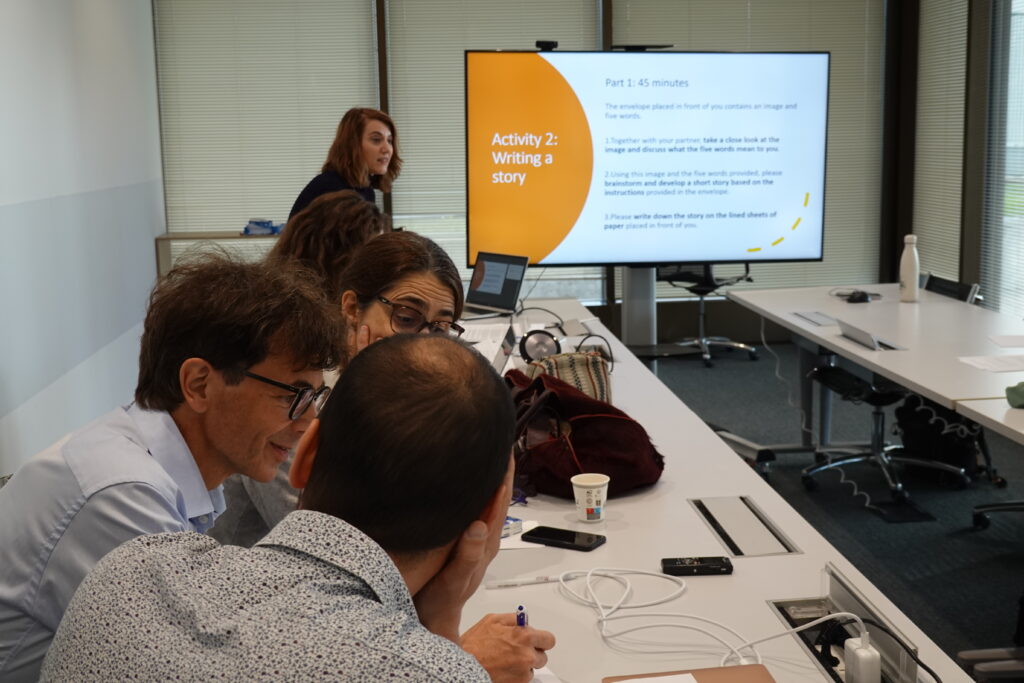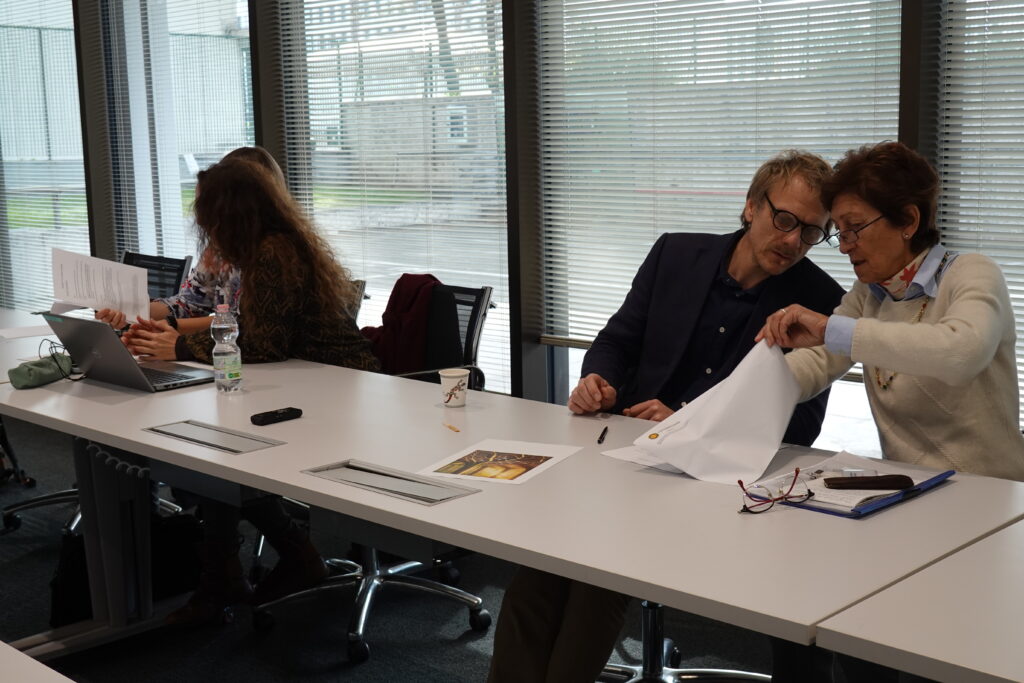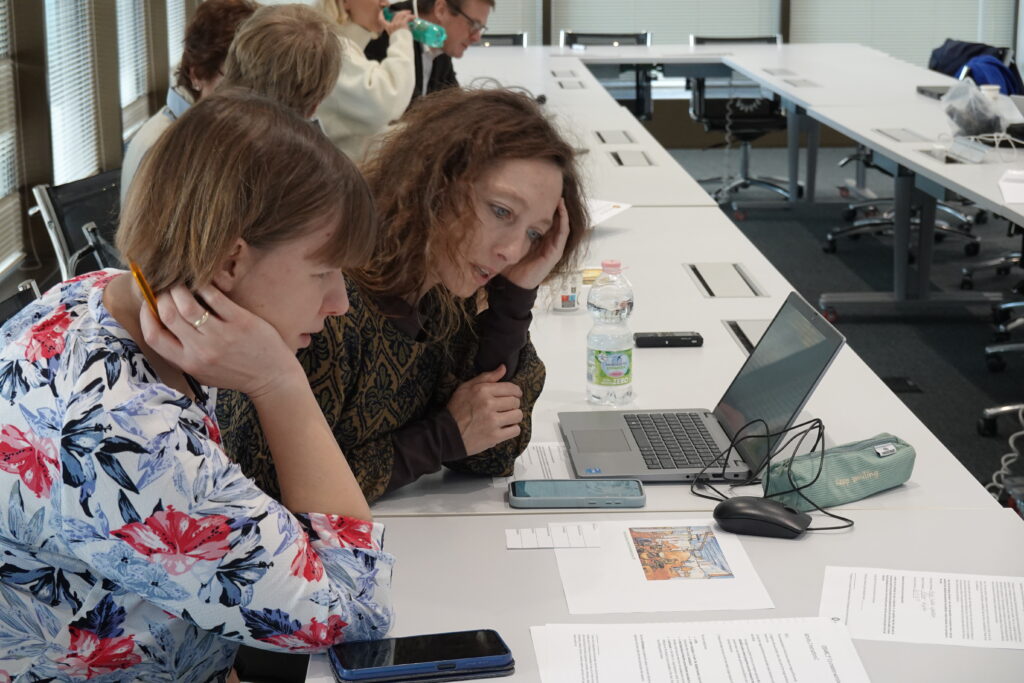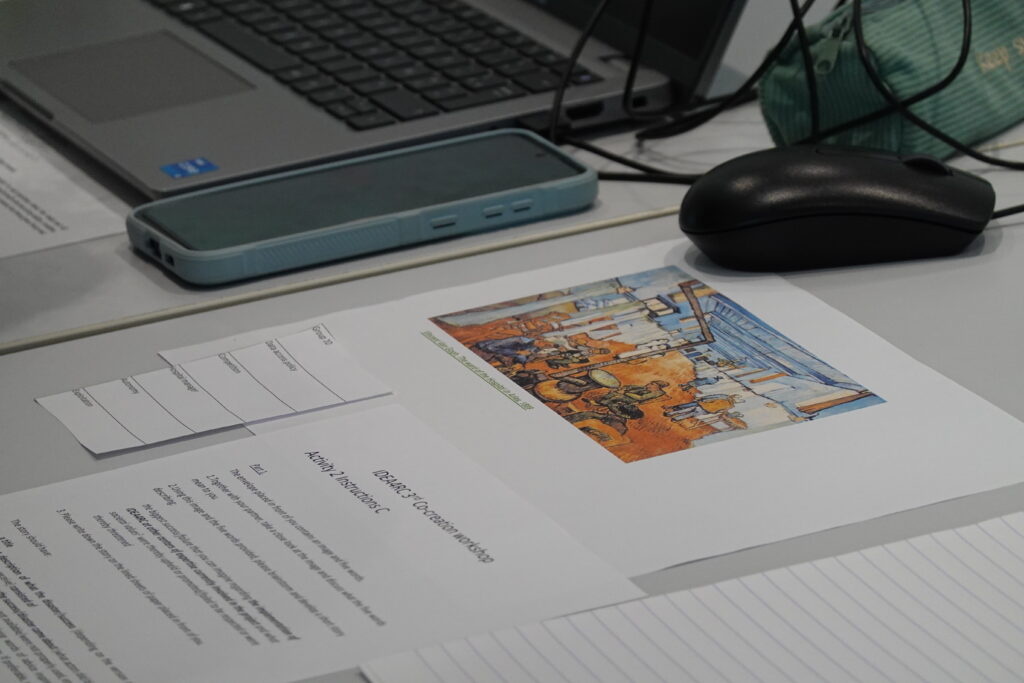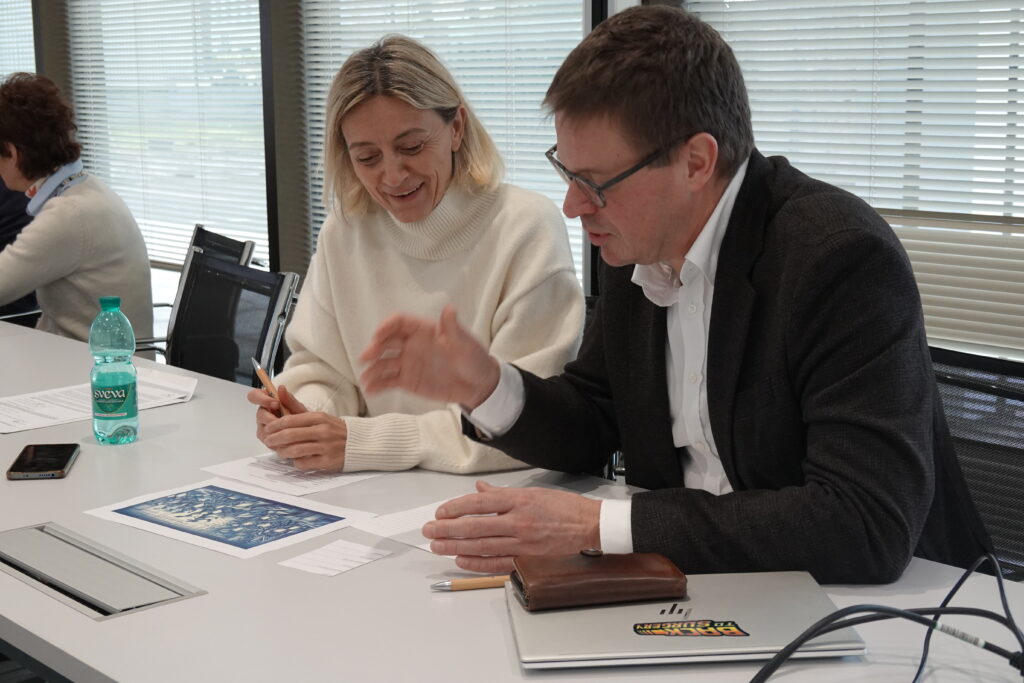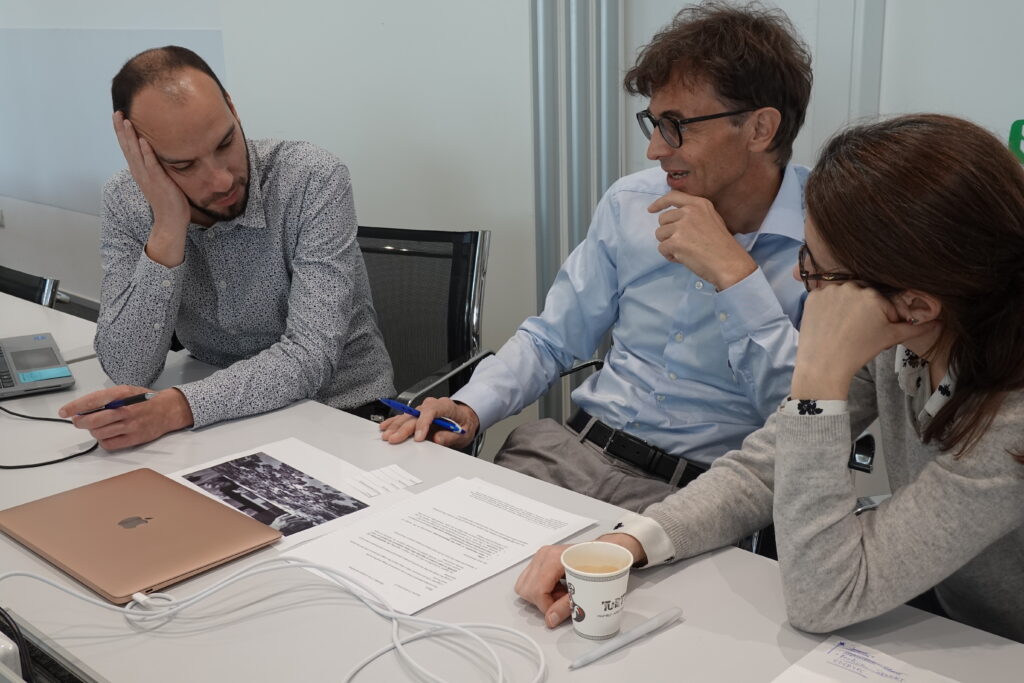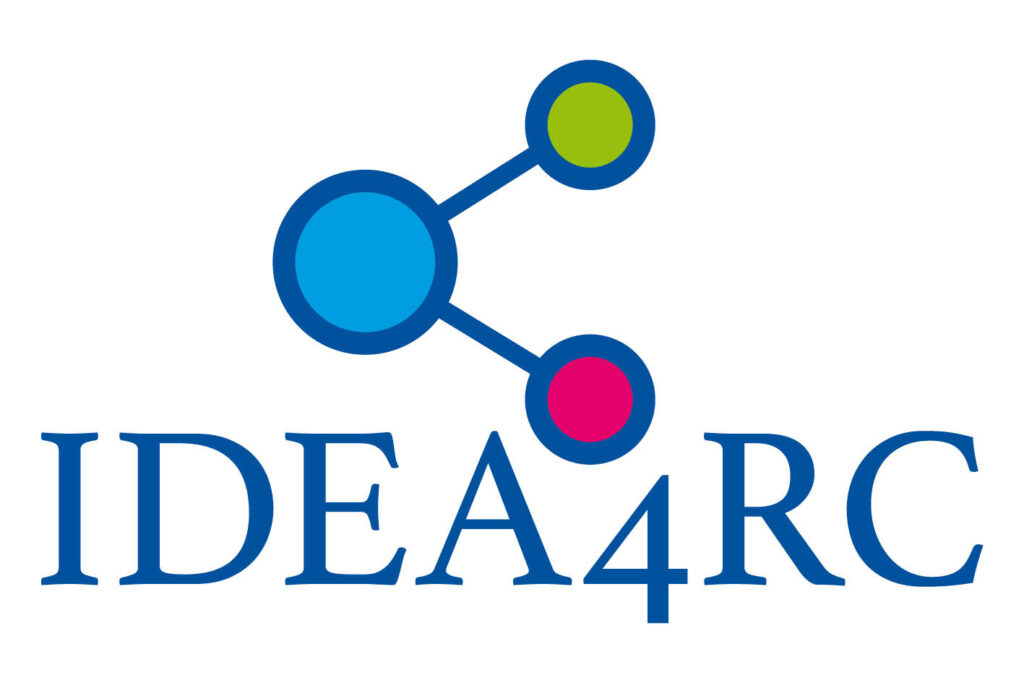IDEA4RC members gathered in Rome on 21 and 22 November for the fifth consortium meeting, which was held at the headquarters of ENG, Engineering Ingegneria Informatica.
Now we need data!
“Over the last two years we learned how to work together, and found a common language”, said Annalisa Trama, epidemiologist at the National Cancer Institute of Milan and project coordinator, during her opening remarks. “We have developed innovative tools; now we need data to fully demonstrate their potential. Data will be the focus of the third year of IDEA4RC”, she added.
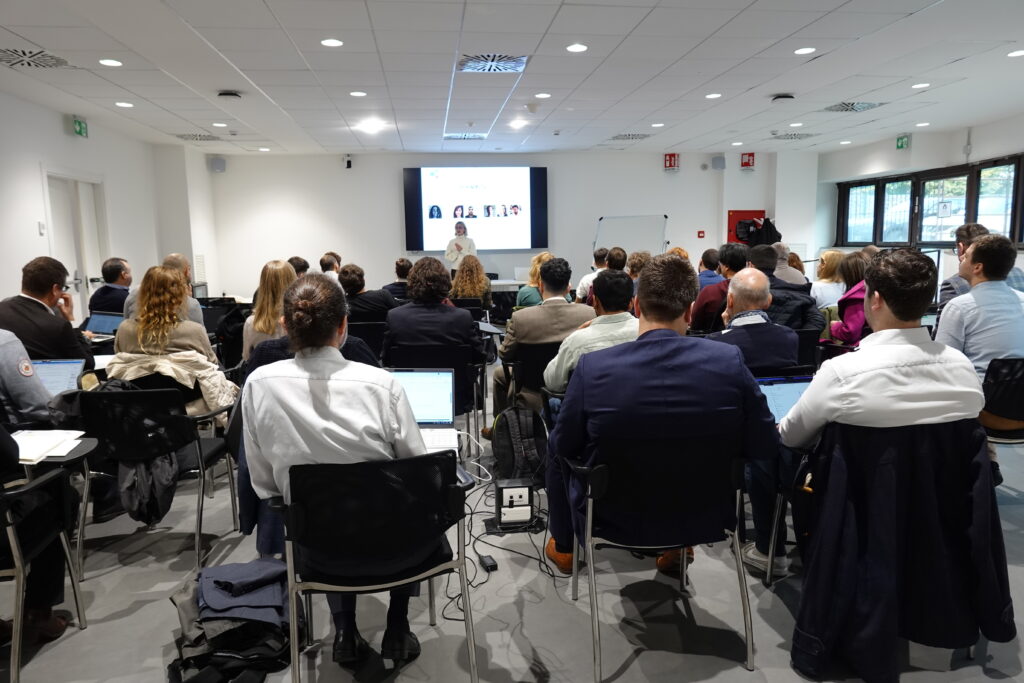
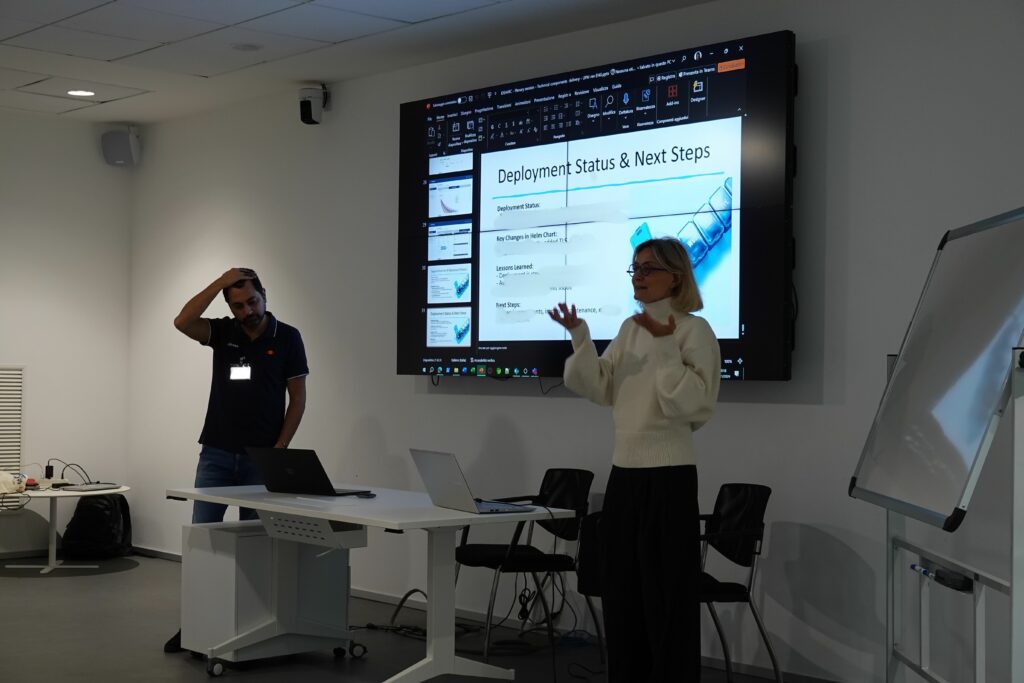
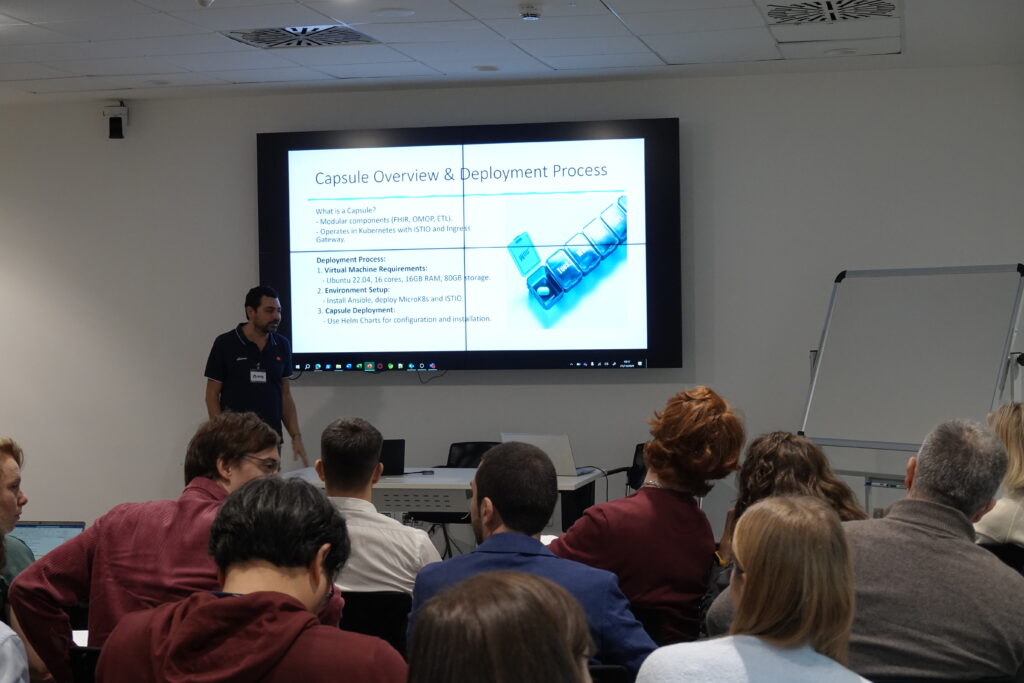
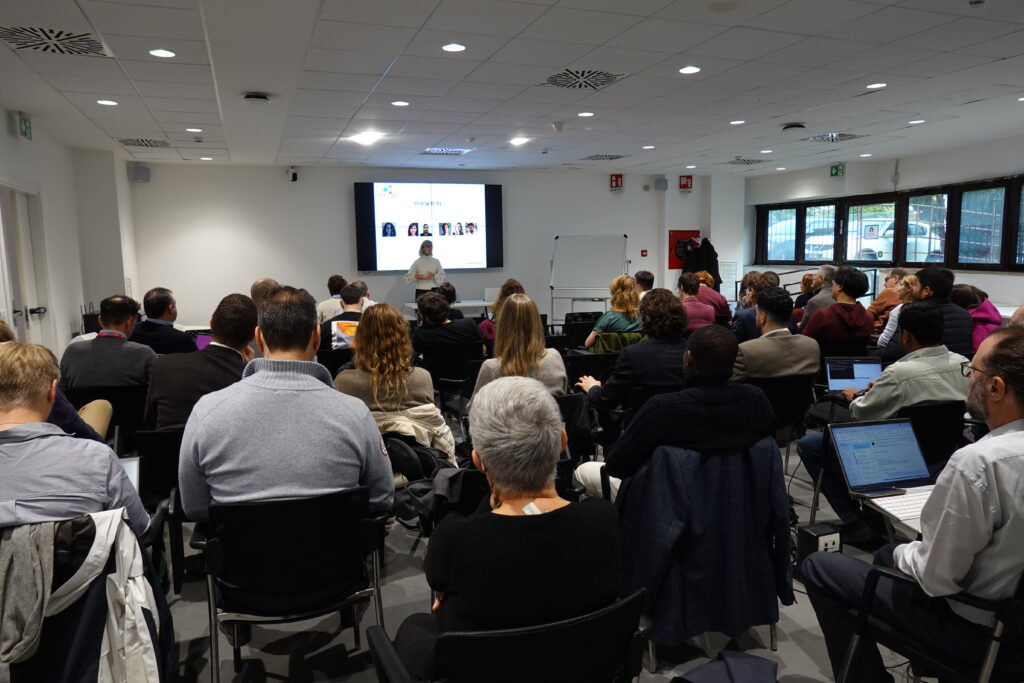
Eugenio Gaeta, a software engineer at the Technical University of Madrid and leader of work package 3, which is devoted to the deployment of the data infrastructure, reinforced this point. “During year one of the project, we developed and refined user stories, from which we derived user requirements. These were then considered during year two, when we developed infrastructure services, virtual assistants, and data navigators. Now we need data”, he stated during his introductory speech. “In the pilot projects selection, use cases have been outlined, and some of them involve very specific data extraction. We need to ensure that we can support these extractions by the end of year three.”
As a first step in this direction, centres will be sharing samples of real data that will be used as test for the extraction-transform-load (ETL) tools developed so far to harmonise them according to the common data model of IDEA4RC. Furthermore, centres will be sharing samples of annotated clinician notes to train and test the NLP pipeline that is currently under development.
Data: as open as possible, and closed when necessary
Gaeta then presented a high-level overview of the functionalities of the system and how they are being implemented at the user level. “We started IDEA4RC with the motto ‘open data as possible and closed when necessary’ adding ‘with local processing always available’ and we employed several technologies to implement this motto”, Gaeta said. “Several of the services we have developed are aligned with the user journey identified by TEHDAS for the European Health Data Space, such as the capsules, the governance layer, the federated AI tools, the data navigators, NLP algorithms”, he added.
Unai Zulaika, a computer engineer at the University of Deusto, presented the latest developments of the IDEA4RC data model for head and neck cancers and sarcomas, which is nearly finalised. He emphasised that his team will provide support to the Centres of Expertise that need to understand the logic of the model to interact successfully with it.
Laura Lopez, researcher at the Technical University of Madrid and leader of the development of RAVEN, IDEA4RC data navigator, demonstrated the tool highlighting its various phases: from data exploration through meta data services, to data analysis (including cohort selection, data quality assessment, data preparation, analytical tool selection, and analysis results) and finalisation, with the creation of a final report.
To proceed with the data analysis, the users will be directed to the data governance tool that will guide them through the data access application process.
To manage accesses within IDEA4RC data navigator and the governance tool, a self-sovereign identity approach will be adopted. “This approach entails a virtual wallet which is personal and collects all the permits and documents of the individual, protected by the European Blockchain Services Infrastructure”, explained Ioanna Drympeta, legal informatics at the Centres for Research and Technology Hellas. “It is different from the centralised approach, where we delegate a third party to act as intermediary with other services. The wallet is in your hands”, she concluded.
Frank Martin, a software engineer at the Netherlands comprehensive cancer organisation (IKNL), showed a demonstration of how Vantage6, the set of federated AI tools for cancer data analyses developed at IKNL, will be integrated into the IDEA4RC user interface. “RAVEN is a dedicated user interface tailored specifically for the IDEA4RC project, whereas the Vantage6 user interface is more general purpose”, Martin explained and added that “even if Vantage6 supports already most of the functionalities in RAVEN, some additional effort is needed to fully meet all requirements.”
Community of Interest
During the second day of the meeting Lidia Villanova, a project manager at Alliance Against Cancer and leader the engagement work with IDEA4RC stakeholders, outlined the activities carried out to build the Community of Interest and plan future engagement initiatives. The Community of Interest started with representatives of rare cancer patients, thanks to the involvement of EURACAN, the European Reference Network for Rare Adult Solid Cancers, who participated in discussion meetings and a survey to help plan the next steps.
Vasiliki Tsiompanidou, a legal researcher at ECCP and lead on the legal aspects of the IDEA4RC dataspace, updated the consortium about the status of the legal agreements between the Centres of Expertise required to deploy the pilot projects in 2025.
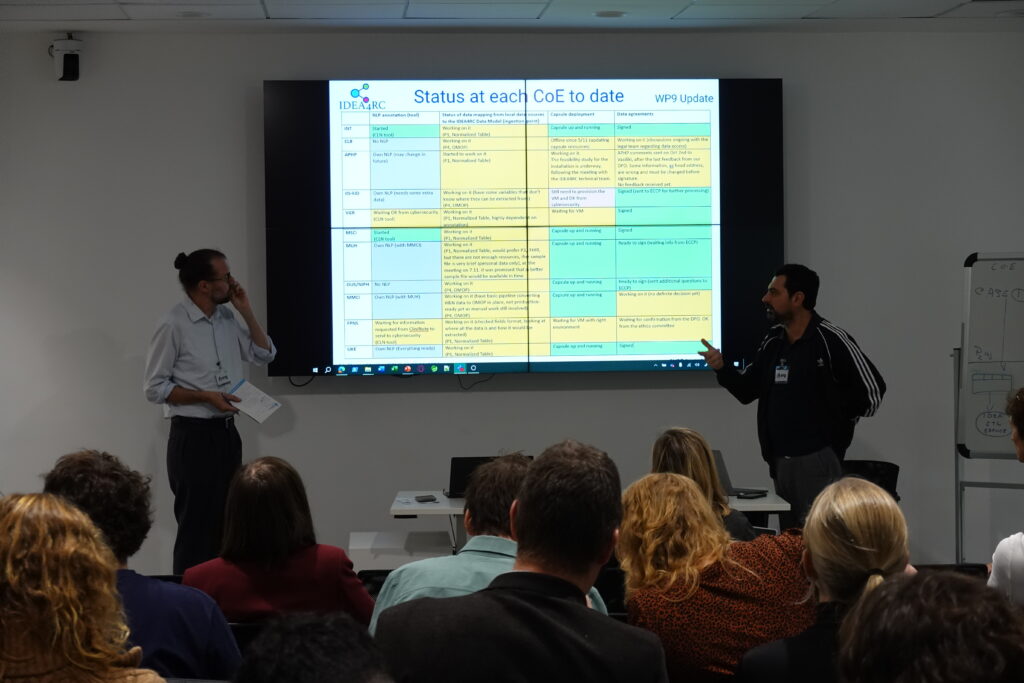
Franco Mercalli, an IT engineer at the consultancy company MultiMed Engineers, led a lively discussion on the implementation of the pilot projects deployment plan, where various professionals from each clinical centre need to collaborate to put everything in place—from installing the capsules to providing and annotating the data, and signing the agreements. “In previous projects we realised that a coordination working group is needed for interdisciplinary and ambitious projects like IDEA4RC”, Mercalli explained. “This helps speeding things up, offer timely and valuable support to the clinical centres and ensure that the timeline is respected”, he concluded.
The meeting ended with a discussion about the participation of IDEA4RC to the next Vitalis conference, the Nordic region’s largest conference and exhibition focused on transforming healthcare and social welfare. Andreas Muth, oncological surgeon at Sahlgrenska University Hospital in Gothenburg, will act the point of contact with Vitalis.
Co-creation workshop on the sustainability of the IDEA4RC rare cancer data space
In a parallel session held during the first day, Claudia Egher, a sociologist at Utrecht University, led the third co-creation workshop of the IDEA4RC project. It involved clinicians and legal experts from the Centres of Expertise who shared their perspectives on what would favour or inhibit the wide adoption of the IDEA4RC rare cancer data space.
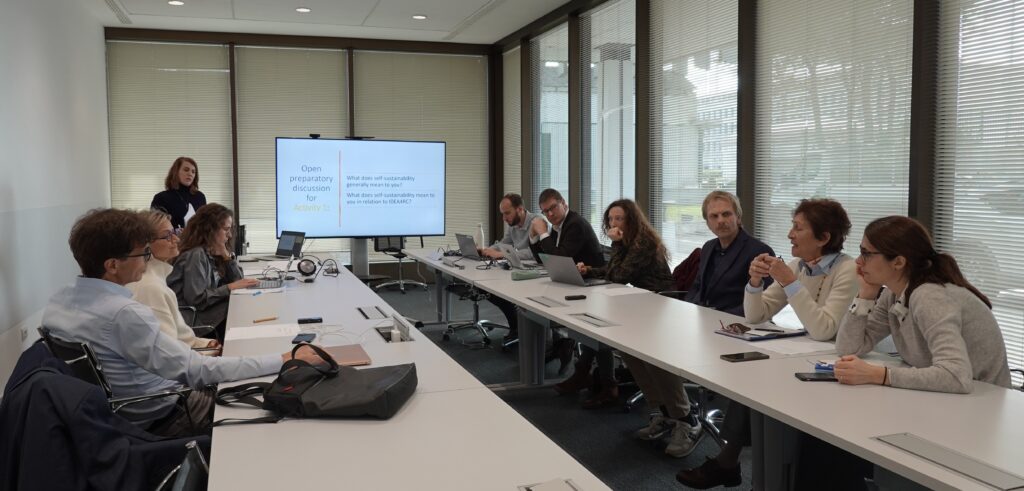
As the first activity, participants were asked to discuss in small groups what sustainability meant to them, both in general and in relation to IDEA4RC in particular. The second activity encouraged them to get creative by writing a story about the IDEA4RC data space, starting from an image selected from those proposed by consortium members during preparatory activities held online before the workshop.
“The purpose of these activities is to identify general as well as context-specific factors that can encourage or prevent the wide adoption of IDEA4RC and to better understand how these factors are inter-related”, Egher explains and adds that the data collected in this workshop, along with data from the second co-creation co-creation workshop held in Madrid in November 2023, will be the basis for the forthcoming deliverable that will focus on the self-sustainability of IDEA4RC.
